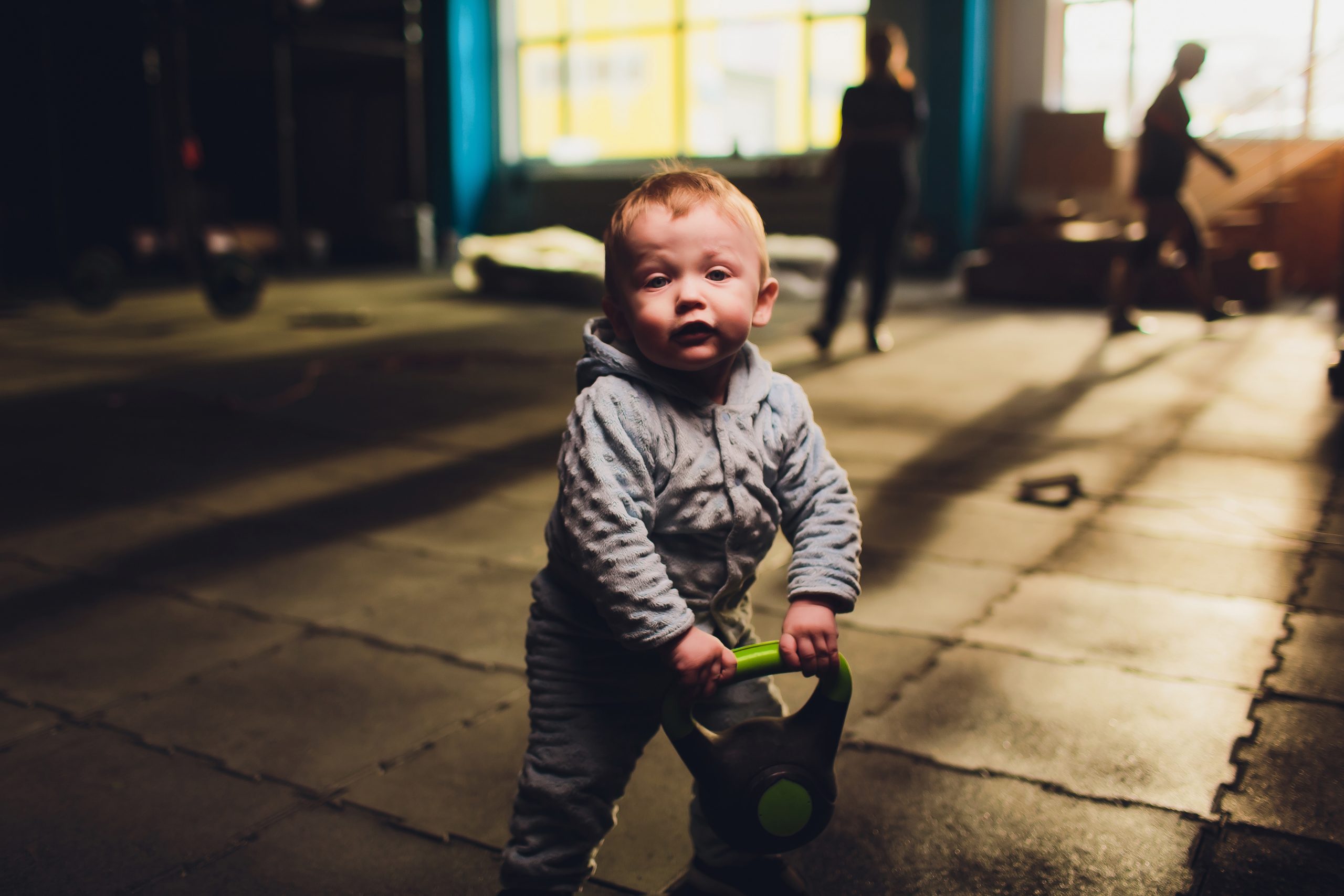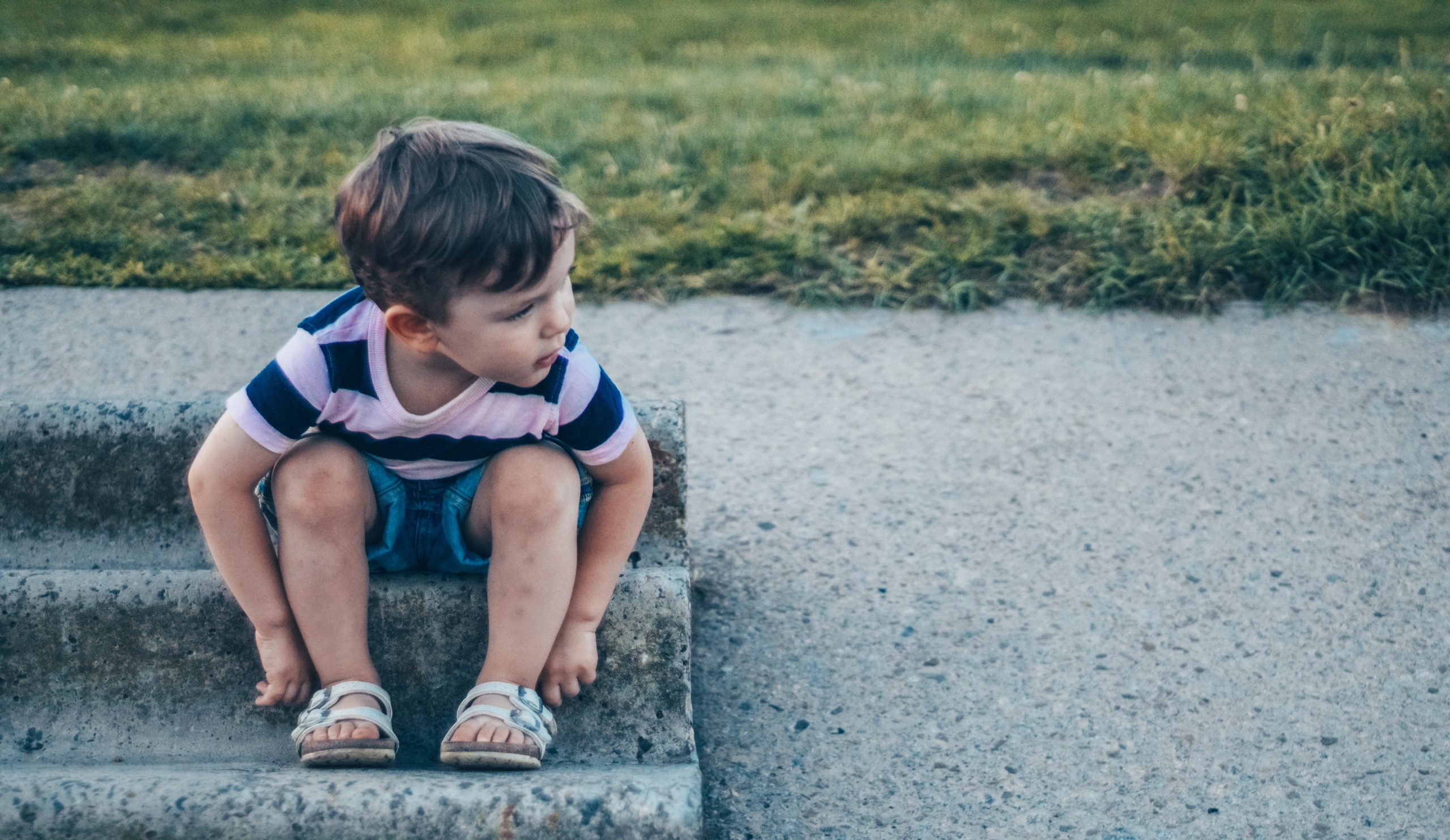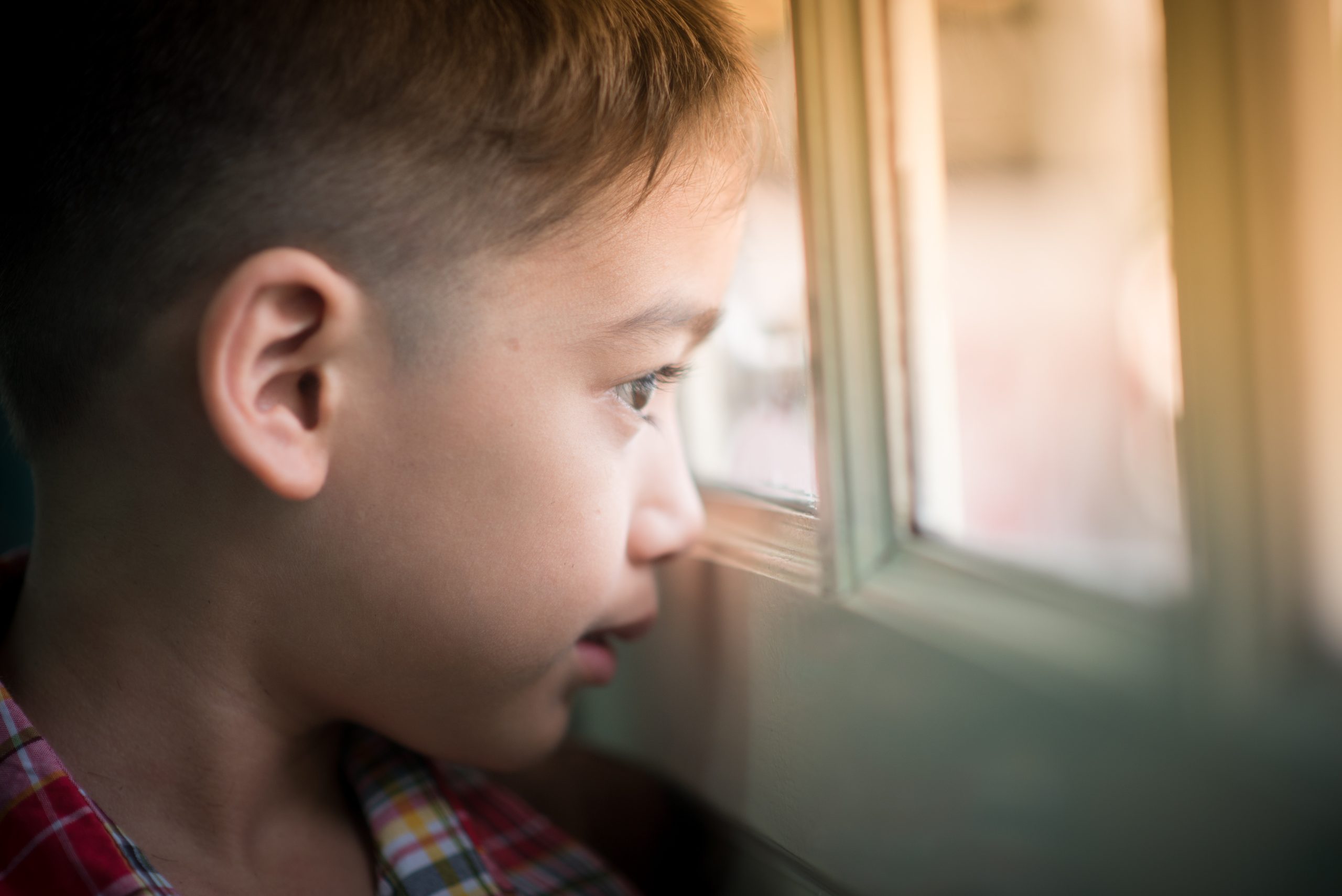
123rf
1. Lack of Emotional Support

123rf
Parents practicing benign neglect might underestimate the emotional needs of their children. Children often require visible and active emotional support to develop a secure attachment style. Without sufficient emotional engagement, children might feel neglected or misunderstood. This approach risks creating an environment where emotional development is stiffed, potentially leading to issues in forming healthy relationships later in life. The balance between fostering independence and providing necessary support is delicate and crucial.
2. Delayed Intervention in Problems

123rf
Benign neglect can lead to delayed recognition and intervention in developmental or behavioral issues. Early detection of such problems is often key to effective treatment. Parents who are less involved may miss subtle signs that something is amiss. This neglect could result in prolonged or exacerbated issues, requiring more intensive interventions later. Children’s needs can be complex, and a hands-off approach might overlook the nuances of their development.
3. Misinterpretation of Autonomy

123rf
While fostering independence is a positive aspect of child-rearing, benign neglect may misinterpret autonomy, leading to a lack of guidance. Children need boundaries and structure to thrive and understand the world around them. Total freedom without adequate supervision or guidance can leave children feeling lost and insecure. They might struggle to make decisions or understand social norms, affecting their integration into society.
4. Impact on Academic Performance

123rf
Children under benign neglect may face challenges in their academic journey. The lack of parental involvement in school activities, homework, and learning progress can hinder a child’s academic performance. Support at home is crucial in reinforcing the learning that takes place in school. Without this support, children may struggle to meet their educational potential and lose motivation.
5. Social Skills Development

123rf
Developing social skills is a crucial part of childhood, often facilitated by parental guidance. Children raised with benign neglect might not receive the necessary feedback and modeling to develop these skills effectively. This lack of social interaction and feedback from parents can lead to difficulties in forming and maintaining friendships, impacting their overall social development and emotional well-being.
6. Risk of Unsafe Independence

123rf
Encouraging independence is vital, but it should be age-appropriate and safe. Benign neglect can sometimes result in children being placed in situations that are beyond their capability to handle safely. This misjudgment can expose children to unnecessary risks and dangers, from simple unsupervised play in potentially hazardous environments to more serious neglect of health and well-being.
7. Emotional Resilience and Coping Mechanisms

123rf
Children need to learn how to cope with life’s challenges, but they also need support to build emotional resilience. Benign neglect might deprive children of the necessary tools to develop coping mechanisms, leading to poor stress management and emotional regulation. This lack of guidance in facing life’s ups and downs can have long-term effects on their mental health and ability to handle adversity.
8. Lack of Discipline and Boundaries

123rf
Without clear boundaries and discipline, children can develop behavioral issues. Benign neglect often means these crucial elements of parenting are absent or inconsistent, leading to confusion and misbehavior. Children need to understand limits to learn respect, self-control, and social norms.
9. Physical Health and Safety Concerns

123rf
Physical health is another area where benign neglect can have detrimental effects. Without proper supervision and care, children may not learn healthy habits, such as good nutrition, physical activity, and hygiene. Neglecting these aspects can lead to health problems and safety risks, especially in younger children who are less aware of potential dangers.
10. Neglecting the Child’s Unique Needs

123rf
Every child is unique, with their own set of needs, interests, and challenges. Benign neglect fails to acknowledge and cater to these individual differences. This one-size-fits-all approach can hinder a child’s personal growth and development, ignoring their specific needs and potential.
11. Misconception of Self-Sufficiency

123rf
While benign neglect aims to promote self-sufficiency, it often misjudges the child’s readiness to handle life’s responsibilities. Children can feel overwhelmed and unsupported, leading to anxiety and a sense of inadequacy. It’s essential for parents to recognize when their children are truly ready to take on new challenges.
12. Social and Emotional Isolation

123rf
Children raised in an environment of benign neglect may experience social and emotional isolation. Lack of parental engagement can make children feel alone and unsupported, affecting their ability to establish and maintain emotional connections with others.
13. Misalignment with Modern Parenting Philosophies

123rf
Benign neglect contrasts sharply with modern parenting philosophies that emphasize active and engaged parenting. This discrepancy can lead to a clash of values and confusion for children, especially when they observe different parenting styles among their peers.
Reflecting on the Future of Parenting Trends

123rf
As the trend of benign neglect continues to provoke discussion, it’s important for parents and educators to carefully consider the balance between fostering independence and providing necessary guidance. Addressing the concerns associated with benign neglect will help ensure that children grow up in a supportive and nurturing environment

Latrice is a dedicated professional with a rich background in social work, complemented by an Associate Degree in the field. Her journey has been uniquely shaped by the rewarding experience of being a stay-at-home mom to her two children, aged 13 and 5. This role has not only been a testament to her commitment to family but has also provided her with invaluable life lessons and insights.
As a mother, Latrice has embraced the opportunity to educate her children on essential life skills, with a special focus on financial literacy, the nuances of life, and the importance of inner peace.